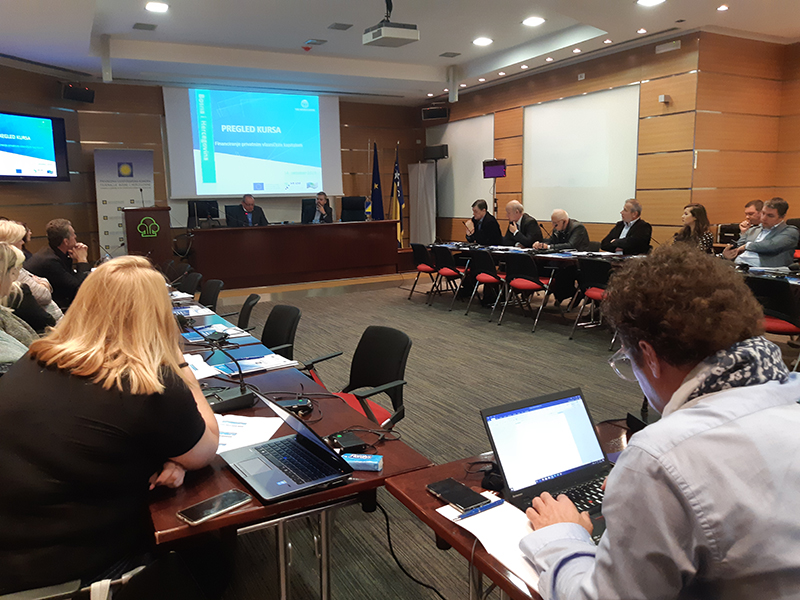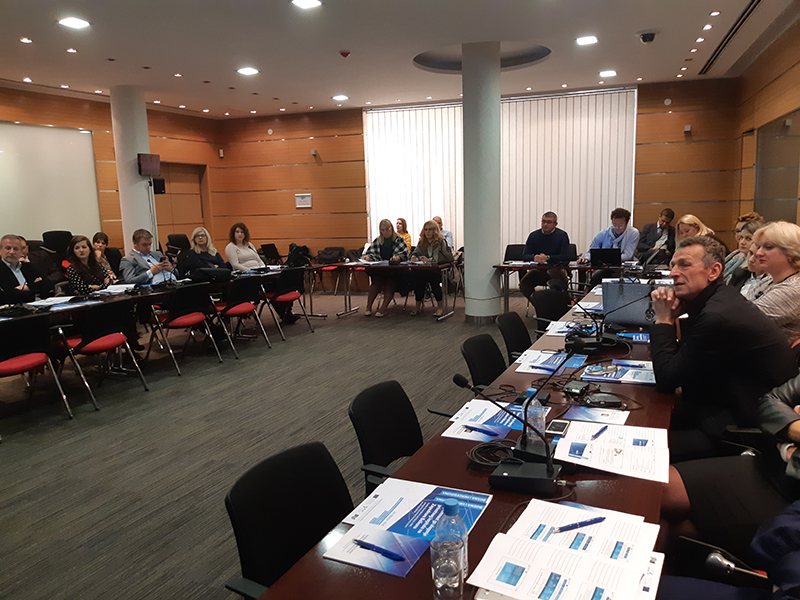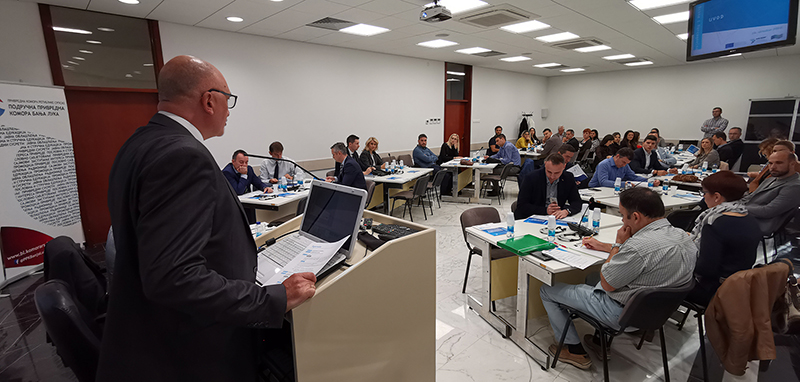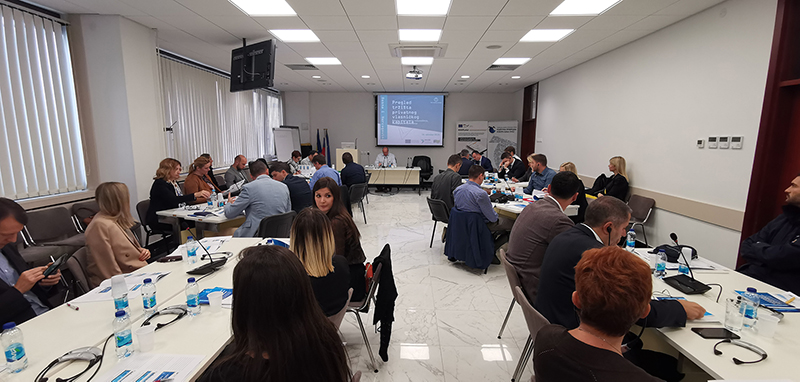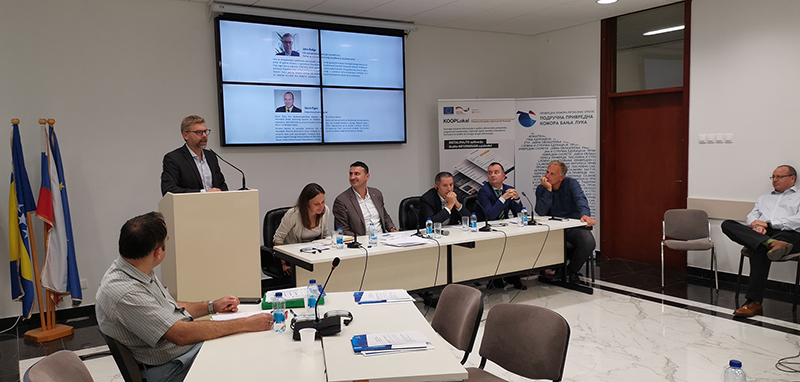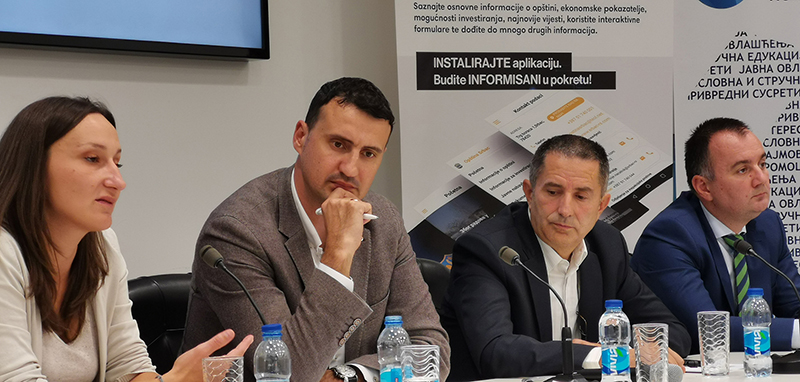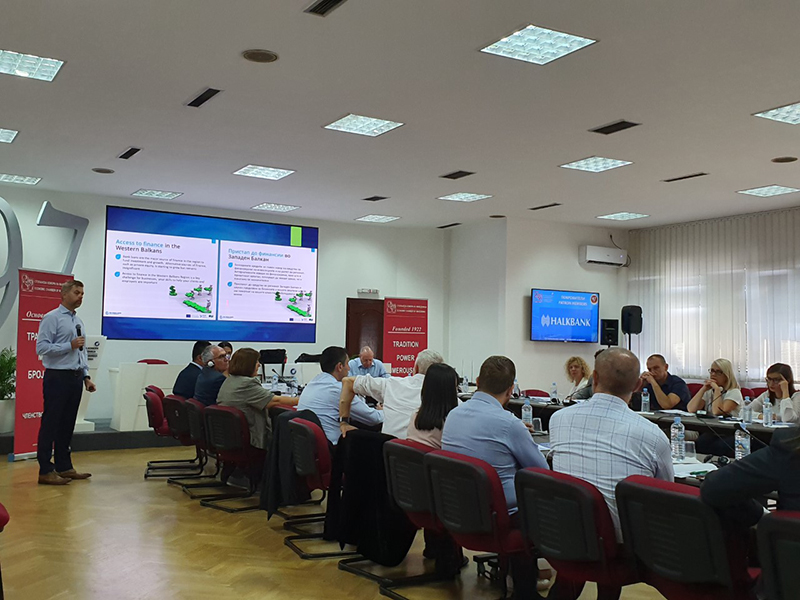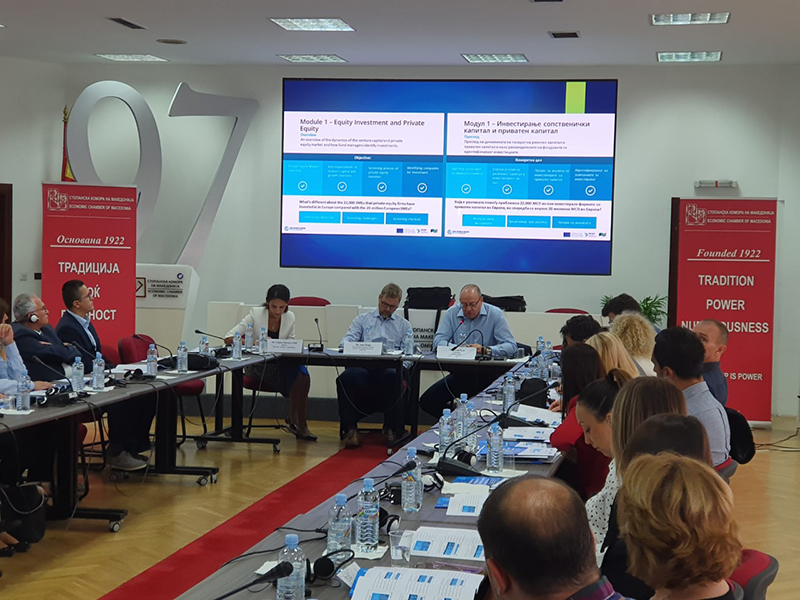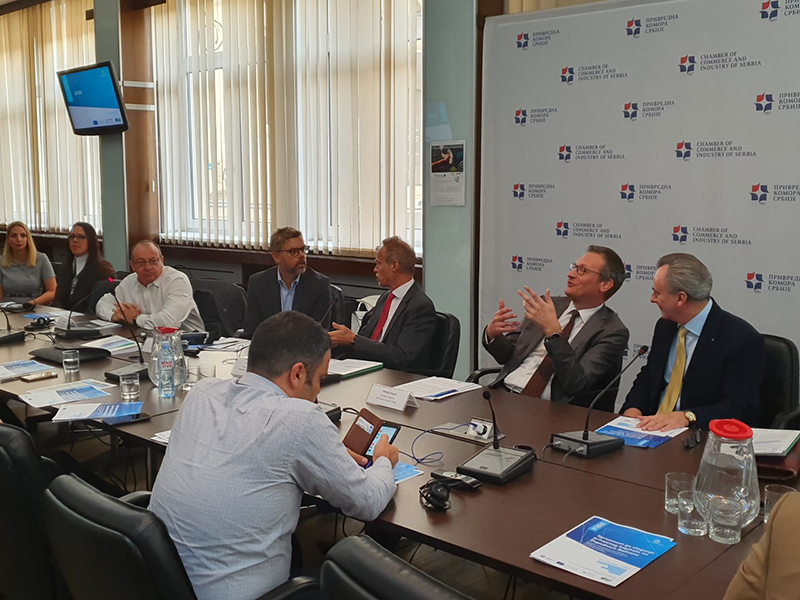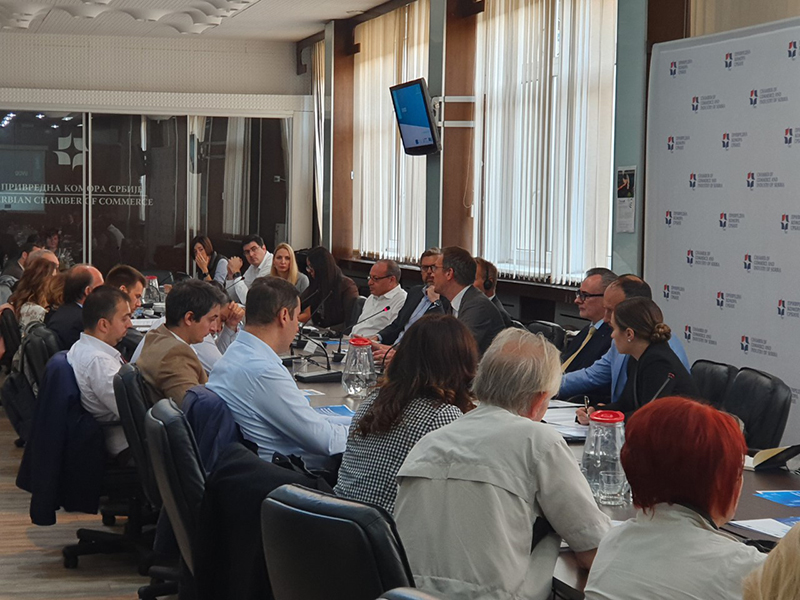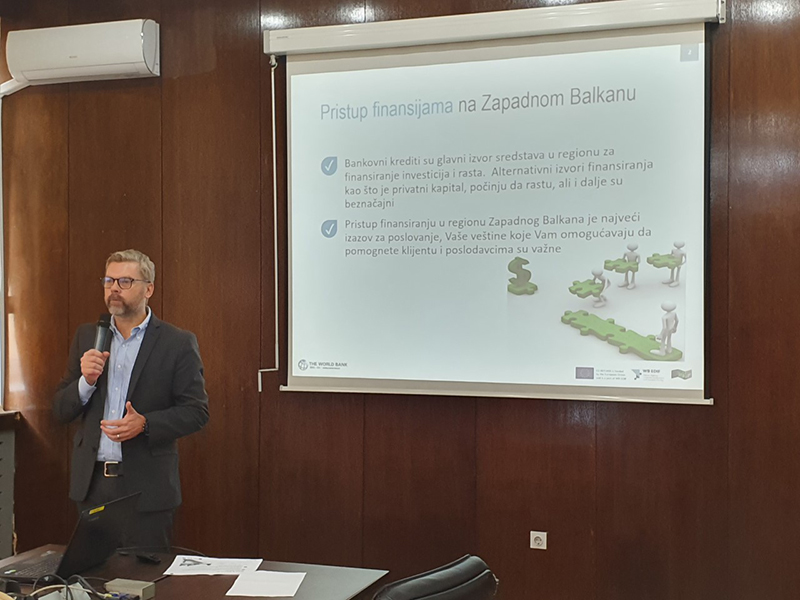Professional Accountants bring to bear their skills in applying international accountancy standards that increase the credibility and trustworthiness of financial reporting in all sectors of the economy. However, in the world of Private Equity, fund managers are often required to analyze opportunities and make investments in environments where financial accounts are of questionable quality. So, what is the role for a professional accountant in private equity?
This question was explored during a series of training events delivered in October 2019 by a World Bank team from the Centre for Financial Reporting Reform, in collaboration with various Chambers of Commerce, across the Western Balkans under the EU funded Fin4SMEs project. In total, over 250 participants attended the training in Banja Luka, Belgrade, Podgorica, Pristina, Skopje, Sarajevo and Tirana.
The training promoted a 10 module online self-paced learning course which is planned for release in January 2020, also under the Fin4SMEs project, and aims to provide Professional Accountants, and other business advisors, with a more in-depth introduction on how Private Equity works to be able to better support their SME clients. The 10 modules comprising this course are:
- Module 1: Equity Investment and Private Equity
- Module 2: Use of Funds
- Module 3: Getting Investor Interest
- Module 4: Negotiating Private Equity Investment
- Module 5: Financial Statement and Financial Analysis
- Module 6: Company Valuation
- Module 7: Private Equity Due Diligence
- Module 8: Deal Structuring
- Module 9: The Term Sheet
- Module 10: Governance and Management Post Investment
So, how can Professional Accountants become more effective advisors to SMEs seeking Private Equity? In addition to their ongoing work to improve financial transparency, the following key take-aways were taught during the course:
- A Private Equity deal is essentially a negotiation, so improving negotiation skills is important. Unlike a listed share on an exchange, where the price is displayed, private equity deals require negotiation to establish the price, percentage of ownership and other key terms of a typical private equity deal. Private equity fund managers are expert negotiators but are looking for a win-win outcome.
- Private equity funds receive many investment proposals and can’t spend much time to assess. Understanding the active equity funds and other sources of potential investment is important for Professional Accountants, but what is more important is being able to prepare an investment ‘teaser’ which can get attention and inspire further consideration of the opportunity.
- Performing sell-side due diligence ahead of a private equity fund’s buy-side due diligence can help to address common constraints to investment. Professional Accountants can add a lot of value in this area by systematically going through the information that supports the opportunity and ensuring it has rigor and will stand the scrutiny of the buy-side due diligence.
The training course introduced these themes and the online modules will cover these areas in more depth. Based on the excellent engagement by professional accountants and other advisors during the training, it is clear that the environment for support to SMEs is improving.
Disclaimer: This webpage was created and maintained with the financial support of the European Union. Its contents are the sole responsibility of CFRR and do not necessarily reflect the views of the European Union.

